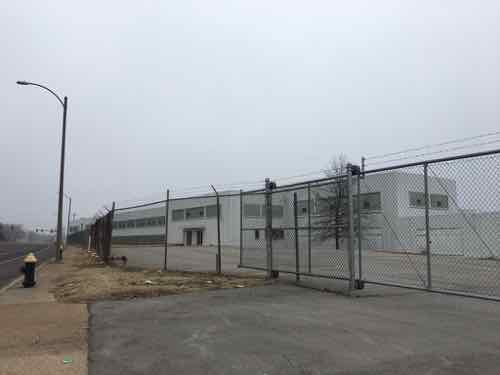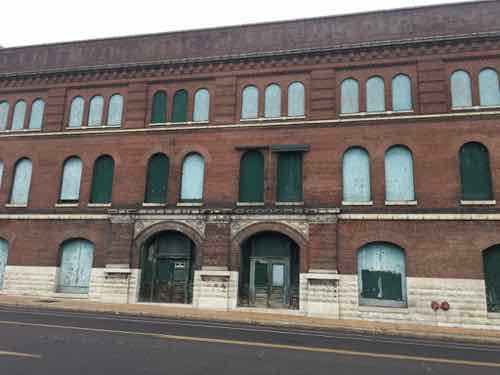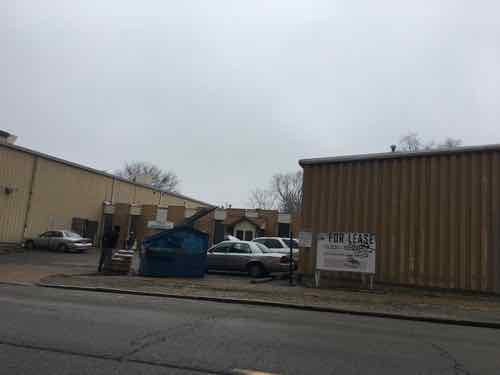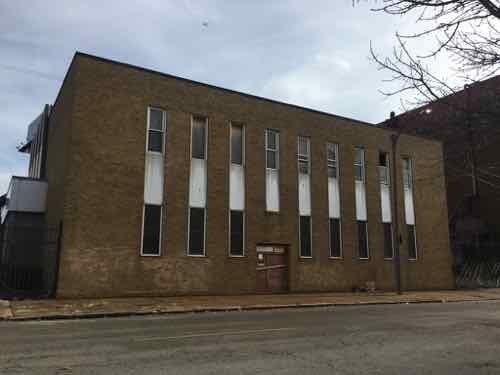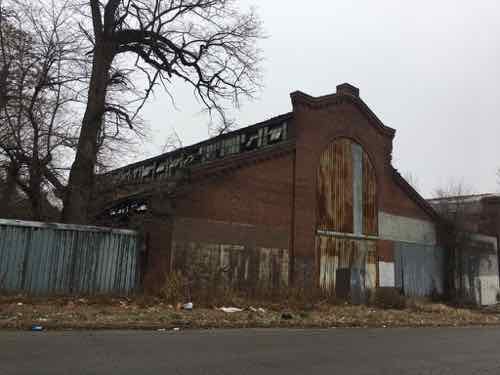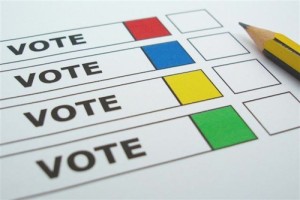High Marijuana Taxes Means Black Market Will Continue
I’ve long supported the legalization of marijuana. No, I’m not a regular user — my last time was in the Fall of 2017 to deal with severe pain after breaking my wrist.
I just think legalization is good public policy. Criminalization was horrible public policy.
In the 1930s, Prohibition was repealed in the middle of the Great Depression. Straight-laced bureaucrats looking for another target turned their attention to marijuana, which, at the time, was mostly being used in the Mexican and black communities. They painted the drug—and the communities using it—as a threat to the already crippled country and began the process of banning it. Twenty-nine states had outlawed marijuana by 1931, and in 1937, the Marijuana Tax Act was passed, essentially making the plant illegal in the United States. (History.com)
So some bureaucrats wouldn’t be out of work during the Great Depression they used race to get marijuana criminalized! Eight plus decades later 11 states have legalized recreational use. It was 6 years ago that Colorado became the first, Illinois became the 11th on January 1, 2020.
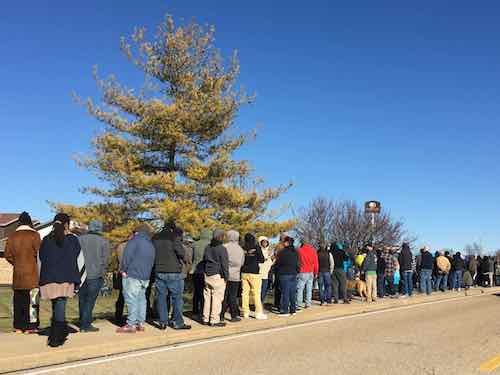
Illinois needed to legalize, for the tax revenue.
It depends on the amount of THC, the chemical responsible for most of marijuana’s psychological effects. In flower form, there will be a 10% tax. Edibles are taxed 20% but jumps to 25% if the THC levels are above 35%.
In most states that have legalized recreational weed, it’s typically 30-50% more expensive than illegal weed. (CBS Chicago)
That’s the part I’m struggling to get past: 30%-50% more expensive than illegal weed. The cash cow to help state budgets is keeping the black market alive.
In the United States, high tax rates have been effectively driving consumers to purchase black market marijuana.
California, for example, is taxing the daylights out of its pot buyers. In addition to passing along a state tax and local tax, buyers are paying a 15% excise tax, as well as a wholesale tax of $9.25 per ounce of dried cannabis flower, or $2.75 per ounce of cannabis leaves. Add this up, and it could work out to an aggregate tax rate of 45% on legal pot. And, mind you, this doesn’t include additional costs such as the laboratory testing on weed grown in the Golden State, which is also being factored into the price that consumers pay. (Motley Fool)
Taxes on alcohol & tobacco are higher than things like, say, toilet paper. That’s fair, I suppose. Yet there’s no black market for those, at least not that I’m aware of.
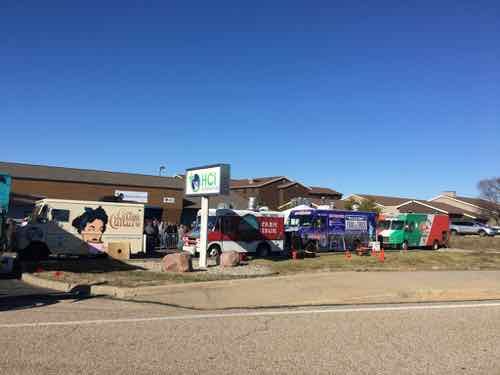
Will the legal and illegal markets continue side by side? Maybe that’s a good balance? I need to let go of my expectation that legalization will lead to the end of the black market.
On the other hand, the black market does a poor job supplying quality concentrates & edibles.
— Steve Patterson
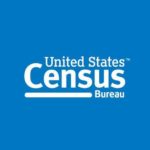 The decennial census is ramping up for an important task three months away:
The decennial census is ramping up for an important task three months away: